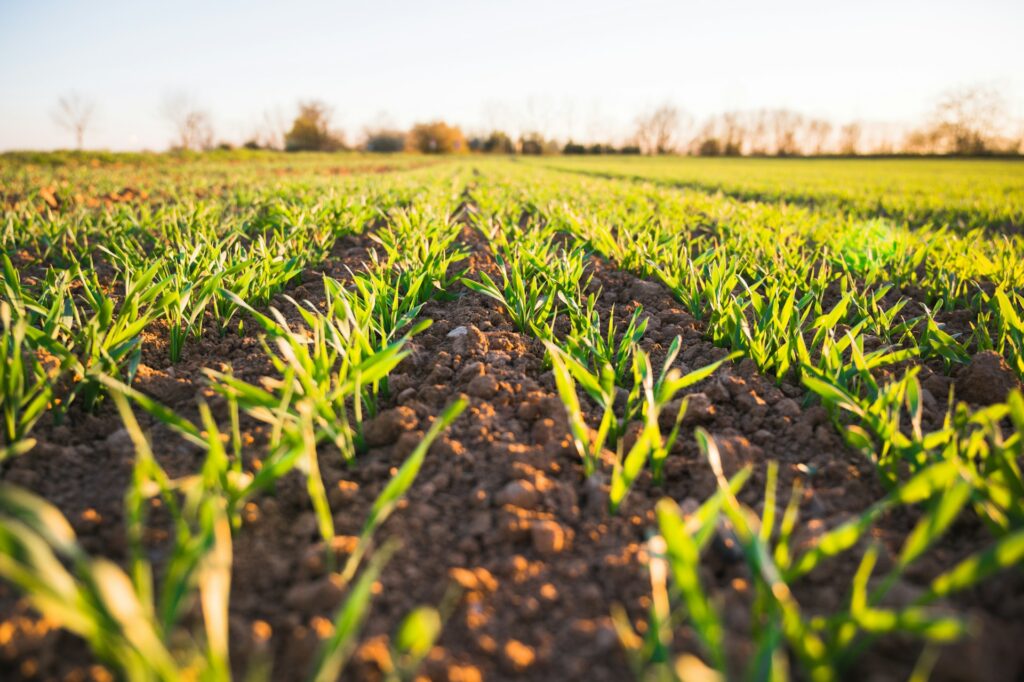Nigeria is accelerating its agricultural transformation through a bold focus on Nigeria agrifood PPP investment. At the FAO Hand-in-Hand Sahel Regional Initiative in Rome, Senator Abubakar Kyari, Minister of Agriculture and Food Security, urged stronger public-private partnerships to enhance production and innovation. He explained that PPPs are essential to build a resilient agrifood system that can tackle food insecurity and create jobs. By blending public oversight with private efficiency, the country seeks to modernise value chains and attract long-term financing. The Minister stressed that real progress requires measurable results, not promises. He also noted that successful PPPs must generate visible impact, feeding families, creating livelihoods, and empowering rural communities. With more than 230 million citizens and vast arable land, Nigeria has the potential to become a regional hub for sustainable agrifood investment. Therefore, the government is positioning PPPs as a central pillar of its national growth agenda.
During his address, Minister Kyari outlined reforms designed to strengthen Agri-investment and attract private sector confidence. First, the National Agrifood System Investment Plan (NASIP) is being upgraded into a National Public-Private Investment Portal. This transparent digital platform will highlight profitable opportunities in mechanisation, irrigation, storage, and logistics. Moreover, it will connect investors directly with verified projects. He also announced tax and import duty incentives, alongside risk-sharing schemes with development partners. These measures aim to lower barriers to entry and boost competitiveness. Furthermore, the Special Agro-Industrial Processing Zones (SAPZ) are being expanded from eight to twenty-seven states. Each zone will provide shared infrastructure that reduces operational costs for agro-processors. In addition, the Nigeria Postharvest Systems Transformation Programme (NiPHaST) targets a cut in the ₦3.5 trillion lost annually due to poor storage and logistics. Collectively, these initiatives mark a shift from fragmented projects to integrated PPP-driven growth.
Senator Kyari emphasised that sustainable PPPs depend on governance, accountability, and political commitment. He reminded stakeholders that Agri-investment is not about signing documents; it is about achieving results. Policies must translate into real benefits for communities. Therefore, transparency and due diligence will remain central to every partnership. The Ministry of Agriculture and Food Security continues to align regulations with investor needs to build trust and predictability. In collaboration with FAO, IFAD, AfDB, and the World Bank, the government is transforming investment pledges into tangible outcomes. As a result, thousands of jobs will be created, while food processing capacity will expand across rural areas. Under President Bola Ahmed Tinubu, Nigeria’s agricultural policy has become more action-oriented, focusing on measurable growth. Through this approach, the government ensures that every PPP contributes directly to national food sovereignty and regional food stability.
The success of Nigeria agrifood PPP investment offers important lessons for other nations seeking to reform their food systems. By combining technology, finance, and strong governance, Nigeria has created a model worth replicating. The digital investment portal promotes transparency and builds investor confidence. Similarly, incentive reforms show that well-structured risk mitigation attracts large-scale private funding. The SAPZ initiative also proves how PPP-driven agro-industrial clusters can stimulate inclusive growth. Moreover, it highlights the power of collaboration in developing rural economies.
As Nigeria modernises its agrifood ecosystem, it is creating new markets, jobs, and opportunities for rural communities. This transformation not only strengthens national resilience but also inspires global PPP professionals to adopt similar models. Ultimately, Nigeria’s PPP journey shows that when governments and investors work together, they can build a future where agrifood systems deliver prosperity and sustainability for all.





